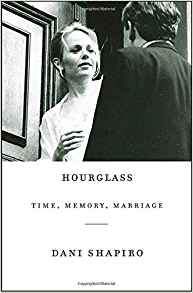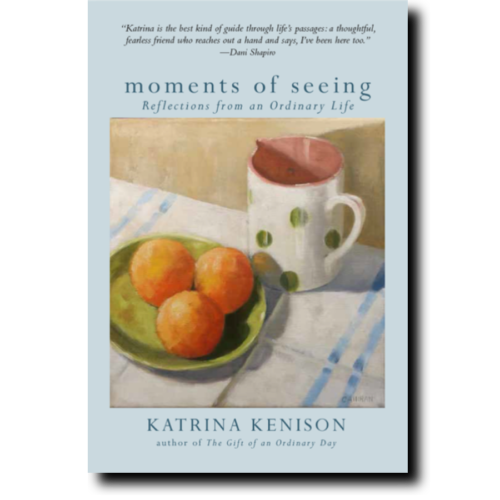It’s become an annual tradition for me to reflect, at the year’s mid-point, on my favorite books that I’ve read so far. Nina Badzin started this and inspired me, and I’m grateful for the touchpoint. You can see my 2016 and 2015 posts here. I’d love to hear what you’ve been reading and loving so far this year.
My favorite books of 2017, so far:
Fiction
Saints for All Occasions, Courtney Sullivan. I adored this book, which is about family and faith and secrets and loyalty, and have thought about it daily since I finished it. Highly, highly recommend. My review at Great New Books is here.
Commonwealth, Anne Patchett. I have mixed feelings about Patchett’s fiction (Bel Canto is one of my Reader Shame books – I just can’t get into it!) but I really enjoyed Commonwealth.
Conclave, Robert Harris. I include this mostly to show you that I read a lot of books that you might describe as airport books. Also, I have many strange interests, including the papal conclave. If those things are both true for you, this story is engrossing.
I clearly need some good novels in my life! Put another way, I’ve been focusing on the aforementioned airport category (Grisham, Baldacci, Connelley) to the exclusion of much other writing, which I need to remedy. What fiction have you loved lately?
Non-Fiction
Hourglass: Time, Memory, Marriage, Dani Shapiro. I adored this book, which is, “fundamentally, about what memory means.” It’s also about long marriage, adulthood, and the ways in which our younger selves both shape and echo through us as we age into midlife. My review is here.
The Bright Hour: A Memoir of Living and Dying, Nina Riggs. Another gorgeous, gorgeous memoir, which is about a 39 year old mother facing her own death but also, and more powerfully, a vibrant, funny, glorious book about how to live. My review is here.
The Rules Do Not Apply, Ariel Levy. I could not put down this book. Levy’s writing is as urgent as a freight train, full of both candor and power. One caveat is that I found the end strangely indirect, for a book that was so much about looking straight ahead and speaking truth. But Levy writes beautifully about being a woman in the modern world, and I highly recommend this book.
A Country Between: Making a Home Where Both Sides of Jerusalem Collide, Stephanie Saldana. A lovely, luminous memoir of marriage, early motherhood, and Jerusalem. My review at Great New Books is here. I loved this but loved Stephanie’s first book,
Between Them: Remembering My Parents, Richard Ford. This slender recollection is warm and real and I closed it feeling like I had had a truly up-close introduction to Ford’s parents. It made me consider how Grace and Whit will reflect on the family that framed their childhood, and how they experience Matt’s and my relationship. A fascinating, salient topic that, at least as far as I’m concerned, is somewhat ill-explored.
Insomniac City: New York, Oliver, and Me, Bill Hayes. I love Oliver Sacks, and loved this loving, intimate portrait of him by his partner, Hayes. This book feels like a long love letter to Oliver, and he emerges from its pages as lovably erudite and intellectual as I imagined. A wonderful book.
Note: these are affiliate links



